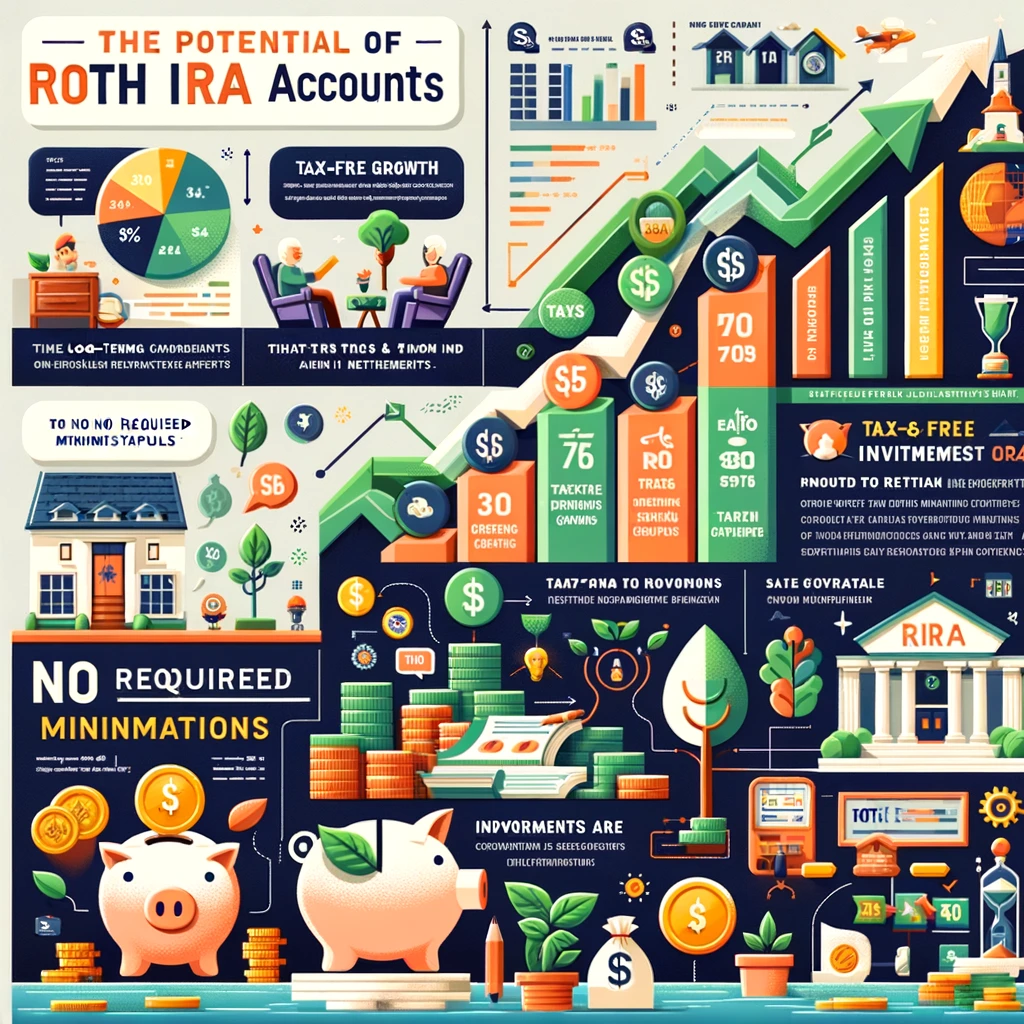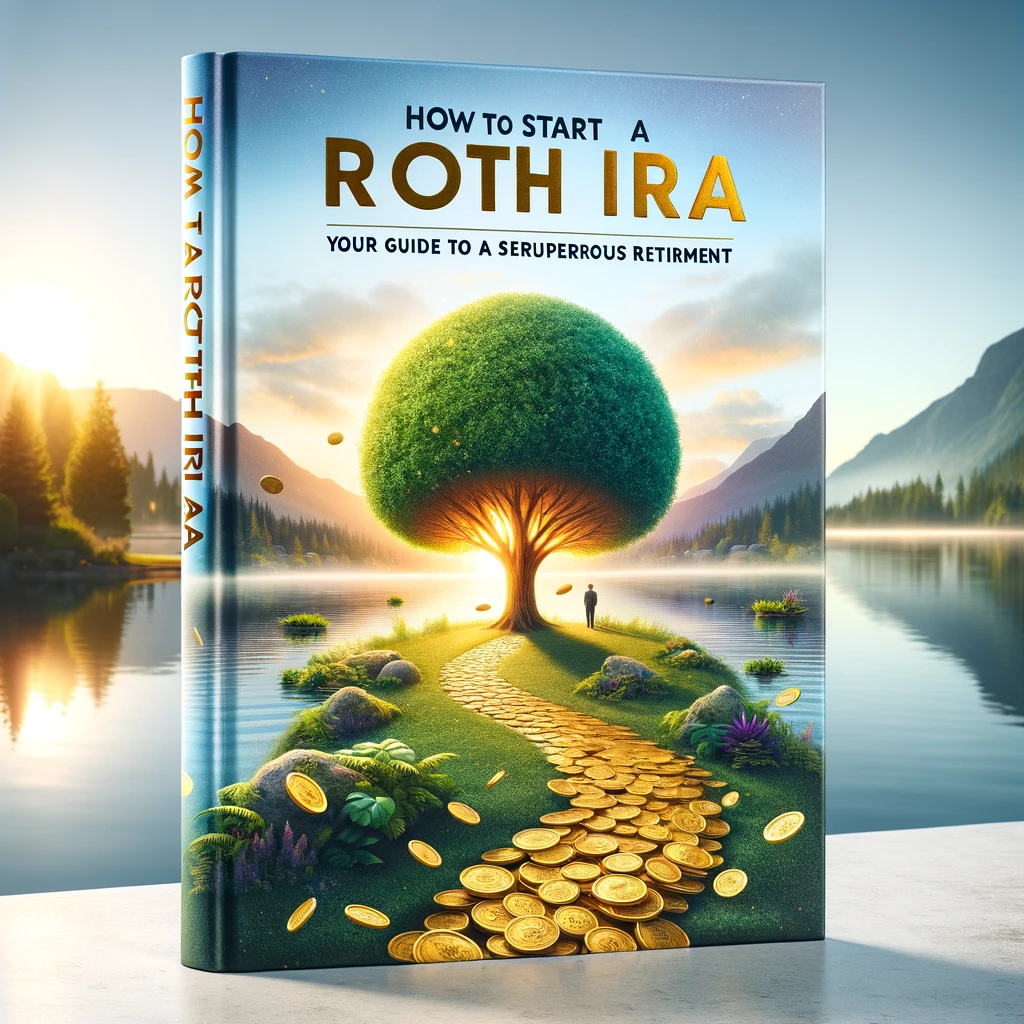The retirement fantasy used to look like this: It’s your 65th birthday, and you can finally kick back. You’re basking in the glow of your sunset years, thrilled at the idea of never having to work again. Head empty, no thoughts, just Mai Tais on the beach. It’s the ultimate, idyllic reward for dedicating decades of your life to work — especially when you sometimes (or often) didn’t want to do so.
In reality, retirement looks totally different than it once did — even as a fantasy. At the same time as an increasing number of Americans are retiring later than 65, many others are throwing as much money as they can toward the goal of retiring early — not just by their 50s, but in their 30s or 40s.
The F.I.R.E. movement, which stands for “financial independence/retire early,” has gained a lot of disciples in recent years, but it also has its detractors. Some people love the idea in theory, but don’t think it’s feasible for them in practice. Others wonder what you do with the rest of your life if you retire in your 30s. But many of those who are on the F.I.R.E. path are quick to point out that early retirement isn’t necessarily about never working again. Instead, it’s about having more control over the work you choose to do. Ultimately, the question isn’t simply whether it’s realistic for the average person — it’s also about whether the costs of pursuing early retirement are worth it.
Iris, 36, Maine
Iris is a teacher who’s going to “semi-retire” by the end of this school year along with her husband, also a teacher. To them that means working just a few hours a week doing something they love.
“A couple of years ago, we experienced some major, traumatic losses in our lives, and it was the catalyst for looking at how we spent our time and energy,” says Iris. “We realized we wanted more flexibility and freedom in our schedules to spend time with those we love.”
“We toyed around with different ways to achieve a lifestyle that was based around friends, family, and happiness as opposed to income,” she says. “We decided retirement — or at least, semi-retirement — would be the best plan for us. We had already been very focused on our personal finances; we actively saved money for our house, renovated it, paid off our student loan debt, and saved for a second house, which we didn’t end up buying, all on two teacher’s salaries. We live way below our means.”
“[People around us] don’t understand how two teachers with almost no money plan to retire,” she says. For a few years, Iris worked several other jobs on top of teaching 8th grade language arts full-time, so that she and her husband could earn a combined annual income of $120,000 per year. “I taught yoga and barre classes for five years,” she says. “I also [worked] as an adjunct faculty member teaching online English composition courses at a well-known university. I no longer teach fitness classes, but I do still teach the college course.”
Iris and her husband’s early retirement plan involves not just second and third jobs, but a change of living arrangements, too. “We bought a disgusting house and renovated it ourselves,” she says. “Now we’re converting a sun porch into a 1-bedroom apartment to move into, so that we can rent out our house and have someone else pay the mortgage. We live near the beach, so we’ll make good money on renting.” In addition to that, they have around $30,000 in a Roth IRA, and will receive a teacher’s pension.
Iris also acknowledges the small and not-so-small financial boosts she received from family over the years. “My college was paid for — but my husband and I still had to pay off his $110,000 student loan debt on our own,” she says. “My sister gave me her eight-year-old car for free. My dad bought me a Toyota Camry in 2013 as an incentive to [attend] grad school, which I did.”
“People are confused as to why we want to stop working so early,” Iris says. “I think they’re missing a key component of the F.I.R.E. movement, which is that there’s always the option to make money after retiring — but it’s not mandatory. The idea is to be able to spend our hours the way we choose.”
“My husband wants to try his luck at being a handyman. He’s loved renovating our house and wants to bring that joy to others. He’ll charge for his work, but that’s not why he’s doing it, and he can stop after a couple of weeks if he doesn’t end up liking it,” she says. “I’ll likely continue teaching the adjunct class, because it brings me joy to teach adults who have recently decided to go back to school.”
But she won’t have to work full-time as a teacher. “As an undervalued teacher, why would I do this for 30 more years if I don’t have to?” she asks.
Georgette, 53, Washington
Georgette didn’t retire in her 30s or 40s, but she is on track to retire a little bit early, at age 59. She currently has almost $1.5 million in a retirement fund with her spouse.
If she’d had the choice, she definitely would have retired in her 30s. She’s been maxing out her 401k contributions to be able to retire by 59. “I also chose to stick with my public service job, which pays a full pension if you have 30 service credit years and are 59.” Currently, her income is $103,000 per year, and her husband’s is $110,000.
Lately, though, she feels like her work-life balance is suffering. “I worked really hard over the years to rise through the ranks. I know there’s a stereotype of lazy government employees, but that wasn’t me,” she says. “These last five years, I’ve wished that I had a position that would just let me coast.”
She also lays out the choices and circumstances that are allowing her and her husband to retire six years early. “My husband and I didn’t overextend on our house [payments] — we were able to pay it off by 50,” she says. “But I have to acknowledge we didn’t have school debt, and housing costs were not ridiculously inflated [when we bought one]. Also, so much technology that’s a necessity today, like your cell phone or internet, were a luxury or not even available. It really isn’t an even playing field for someone in their 20s or 30s today.”
“We also chose not to have children. Not for financial reasons, but if we had children, our expenses would certainly look different,” Georgette continues. “I can’t imagine the pressures of balancing work and family, especially when you’re trying to move up at work.”
Kara, 35, NYC
Kara works in finance and has about $600,000 in retirement accounts. She wants to stop working full-time by age 50. Her annual income is $220,000, and she maxes out her 401k contributions, which in 2021 is $19,500. “My employer contribution is not much less than that — my firm has a great plan,” she says. “I also save between $2,000 to 3,000 per month from my salary in a Vanguard fund and save all my bonus each year, which is on average around $80,000.”
She also didn’t begin her career with a blank slate. “My parents opened a Roth IRA for me when I was a child,” says Kara. “There was about $30,000 in it — it would have been worth much more prior to the 2008 recession. They signed it over to me shortly after that. My parents also paid in full for my four-year college education, including housing.”
Still, despite her high earnings and considerable retirement funds, Kara’s not a big fan of the way in which F.I.R.E. is typically discussed. “I don’t think it’s realistic to retire in your 30s with $1 million in savings,” she says. “Many people who achieve it, or claim to have achieved it, either live a very restrictive lifestyle before or during retirement — or are essentially still working full-time by blogging about it.”
For some people, options like maxing out 401k contributions, buying property that you could later turn into passive income, or having three or more jobs simply aren’t available or desirable.
Nicole, 31, Illinois
Nicole works as a therapist, and she’s confident that she’ll retire after 65. “I don’t know anyone who retired at 65,” she says.
“My high-yield savings account [HYSA] has $123,000 in it, and my traditional IRA has $20,000, says Nicole. “I feel more cautious pouring my extra money into my IRA, since the thought of that money being inaccessible until I’m 59 1/2 scares the beejeebus out of me.” Typically, if you withdraw early from your retirement fund, you have to pay taxes and a 10% penalty on it. (There are some exceptions, though.)
“But I know that with HYSA interest rates being the lowest in decades, investing may be more of a smart choice since I’m in my 30s,” Nicole continues.
The larger point is that she’s not interested at all in retiring in her 30s — it just doesn’t seem realistic. “I find that attitude snarky, pretentious, and honestly quite boring,” she says. “I can’t imagine my life without working, and I don’t know anyone who can afford that lifestyle. It must be a lifestyle of immense privilege coupled with a lack of purpose in life. That’s not my style.”
“I find that my work as a therapist brings me purpose and motivation,” she continues. “I’m so happy I chose this profession, and even during this pandemic, I wouldn’t trade it for anything else. I’ve been busier than ever the past 12 months, but I find great satisfaction in knowing I am doing my part to make a difference,” says Nicole.
“I also have a chronic health condition that makes retirement unpredictable,” she says. “I’d rather work as much as I can right now while I’m young and in better relative health. And I’m self-employed, so I don’t have employee benefits should I need to go on disability leave. Work, work, work will be my life until I can’t work any longer.”
Nina, 33, Rhode Island
Nina currently has around $65,000 in her retirement fund. “I didn’t have much to save until my late 20s; I’ve been buckling down over the last 5 or so years. Now I put away around half of my fairly modest paycheck into retirement or other savings,” she says.
“In theory, I’ll be able to retire by my late 60s. But I think it’s hard to have any certainty. Even barring long-term unemployment or the meltdown of the financial system, there’s another 35 years in which my situation could drastically change based on my partner’s income, whether I decide to have kids, healthcare and housing costs, and so on,” she says. “I’m one of those jaded elder millennials who graduated into the ’09 recession and has little faith in the system.”
Worry about the instability of our institutions and the uncertainty of life in general also informs her take on F.I.R.E. “I don’t mind the movement — I think we’re too work-focused as a society,” Nina says. “Sometimes I find the rhetoric around it pretty tone deaf, though. Lots of people are thrifty — but only the high-earners and the lucky can parlay that into a significantly early retirement.”
Her answer to whether she enjoys the work that she expects to be doing into her late 60s? “Eh, mostly.”
Marta, 26, Georgia
Marta makes a decent salary, she and her husband have around $15,000 in retirement funds, and they’re young. But she hasn’t felt able to focus on her own retirement, let alone work toward early retirement, because her own parents aren’t quite financially secure yet — and neither are her husband’s parents.
“Honestly, my husband and I grew up with relative security,” Marta says. “We definitely both knew that money was tight at times, but neither of us was ever worried about having a home or food and we were still able to participate in extracurriculars and go on occasional family vacations. So I don’t want to sound like we’ve always struggled.”
“That said, neither of our set of parents have retirement savings. We both paid for college through scholarships and student loans. My husband and I are both college and grad-school educated and have solid jobs. We make right over $100,000 combined in a low cost-of-living area. So if we were in somewhat different circumstances, I think we’d be interested in investing and buying rental properties to work towards potentially retiring early,” Marta continues. “As it stands, I just hope we’re able to retire before we physically have to, and are able to enjoy some of our retirement.”
“We both have living grandparents, who are all retired and have limited retirement savings that they currently live off of,” she says. “We also hope to have children in the next few years, and we certainly hope that in 10 years we still have living grandparents and children. If that’s the case, I think we’ll likely be financially responsible for four generations. It’s really daunting to think about, and it honestly just gets too overwhelming sometimes.”
“I feel like we’re never going to have enough to not worry about our parents having what they need later in life,” she says. “We love our parents and they’ve always provided what we needed, so we definitely feel like it’s our responsibility to plan ahead for them.”
*Names have been changed to protect identity.
Like what you see? How about some more R29 goodness, right here?
Is It Really Possible To Retire In Your 30s?






